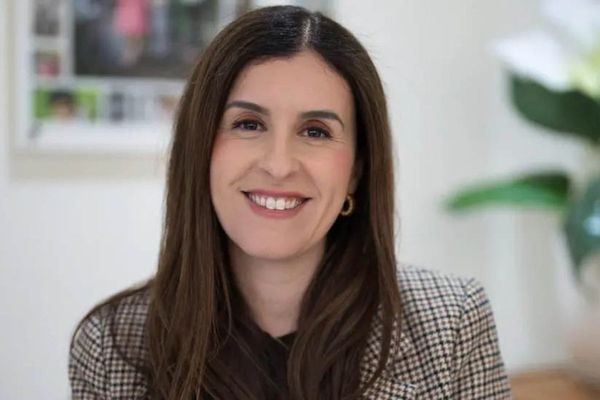
Tunisian dancer and choreographer Selma Ouissi and her brother Sofiane are well known in the Arab world’s contemporary dance scene. Their work is known for its powerful visuals and precise exploration of movement. At the 2025 Avignon Festival, they presented "Laaroussa Quartet – a Free Body that Invents its Own Gesture", a tribute to the ancient craft of the women potters of Sejnane, a village in northwest Tunisia.
The stage was simple. Four sheets of music on a small black bench. Poetic verses. That’s how "Laaroussa Quartet" opened at La FabricA in Avignon. It marked the start of a journey back to ancestral knowledge and tradition.
At the start of the piece, an elderly woman appears on stage, dressed in traditional clothing and gifted with a voice as beautiful as it is piercing. Chedlia Saïdani stands out as the representative and ambassador of this little-known culture.
The story behind the show began years earlier. Selma had spotted a clay doll in a Paris art gallery. Known as a laaroussa, the doll led the siblings to Sejnane, where women craft these distinctive figurines by hand. Many live in poverty, but their skills have been passed down for generations.
It took more than 10 years for Selma and Sofiane – who have always worked together – to complete "Laaroussa Quartet".
Their journey started with a 2011 dance film about the Sejnane potters. That film laid the foundation for this full-length stage piece, which blends generations, places, and movement styles.
Artisanal and ancestral gestures
Born in Tunis in 1972 and 1975, the two choreographers have spent years studying movement. For this work, they focused on everyday gestures – hands, arms, shoulders, necks, backs, hips. The kinds of movements used when shaping clay. They treated them like musical notes, building a full "gesture opera".
Sheets of notes lay on stage from the beginning – a kind of score written from the women’s movements. These were physical memories of a tradition that goes back thousands of years.
A large screen showed hills from the Tunisian countryside. Then, slowly, the faces of around 60 women potters from Sejnane appeared.

"What is a free body?" wonders Selma Ouissi. "In our work, we find freedom within structure. That’s where freedom lies. For this project, we wrote using the vocabulary and symbols of Sejnane pottery. Choreographic scores composed entirely with those signs, just like a composer would write a quartet," she told RFI's Siegfried Forster.
For Sofiane Ouissi, freedom is also about time – a slower pace, away from modern pressures.
"The women of Sejnane asked us for time – the time to fully express their art, to truly live it and physically experience it. We archived and transcended this language, and brought it onto the stage."
For them, these gestures are full of meaning. Small actions and stories, passed from mother to daughter, shaping not just clay dolls, but a way of being.
The company will tour in Tunisia in October at the Dream City festival and in Belgium in January 2026.
This article was adapted from the original version in French.







